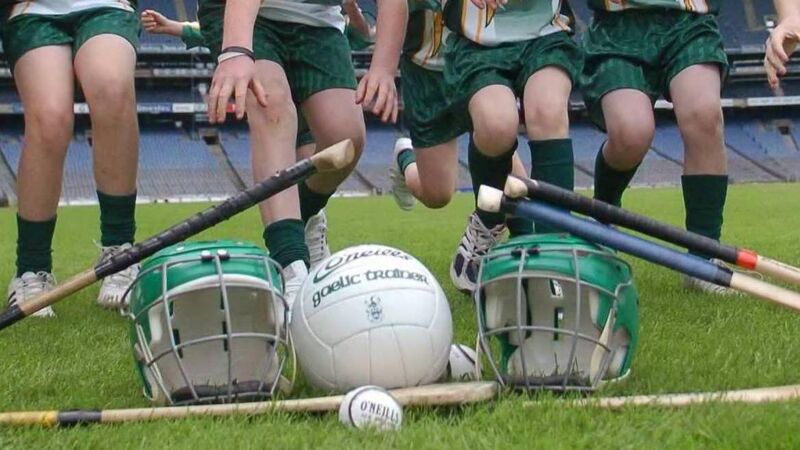LAST week, the GAA announced a clampdown on competitive U12 games with penalties for clubs that ignore the directive. The move has sparked different opinions about the role competition should play in children’s development. There are those who believe children should be spared the pressures of competition, so they can learn about inclusivity and participation, and those who believe sport is a rehearsal for life and should include the early experience of loss and failure in matches.
I have long held the position that issues in junior activities are adult problems, not child problems. The abuse of referees and overzealous commentary is carried out by parents and coaches, not the young players on the pitch. We all understand that children will be children, however some adults do not take the responsibilities of adulthood seriously and it is for this reason problems occur.
Already a subscriber? Sign in
You have reached your article limit.
Subscribe to access all of the Irish Examiner.
Annual €130 €80
Best value
Monthly €12€6 / month
Introductory offers for new customers. Annual billed once for first year. Renews at €130. Monthly initial discount (first 3 months) billed monthly, then €12 a month. Ts&Cs apply.
CONNECT WITH US TODAY
Be the first to know the latest news and updates












